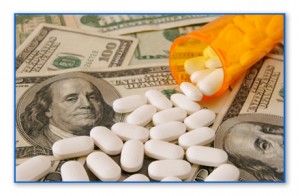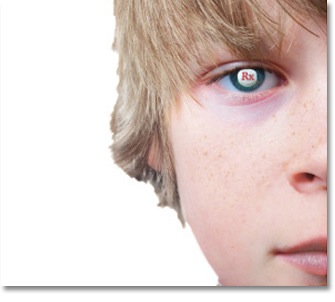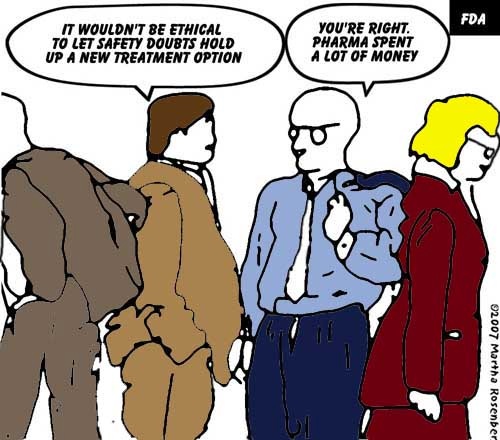
There is Money in Dosing Kids
By Martha Rosenberg Op Ed News September 25, 2017 How did the once modest medical specialty of child psychiatry become the aggressive “pediatric psychopharmacology” that…


By Martha Rosenberg Op Ed News September 25, 2017 How did the once modest medical specialty of child psychiatry become the aggressive “pediatric psychopharmacology” that…

Mercola.com—New research has revealed just how misleading and questionable the results of medication studies cited in top medical journals actually are — adding to an already sizeable mountain of data on mainstream medical manipulation. Pharmaceutical and vaccine makers are continually found to be sponsoring the very institution performing the study on the effectiveness of their product.
Such is the case with a recent inquiry that examined the trustworthiness of top drug trials. Investigators from UCLA and Harvard recently analyzed the randomized drug trials from six prestigious journals, reaching a conclusion that brings into question the overall credibility of many top medication studies and those who perform them.

The financial relationships raise questions about the influence of drug companies on prescribing patterns or research results. The practice “puts patients and tax dollars at risk,” said Lee Spiller, the policy director for the Texas branch of the Citizens Commission on Human Rights, a nonprofit mental health watchdog. “It taints the whole process. I’d hate to think donations were shaping state mental health policy in particular.”

Imagine if the beloved young characters in Mark Twain’s classic, “The Adventures of Tom Sawyer,” lived today. Based on current psychiatric criteria, Tom and Huck could be designated mentally ill and prescribed mind-altering drugs. Quiet, listless and numb, their legendary adventures would be over.
Describing a day in school, Twain wrote: “The harder Tom tried to fasten his mind on his book, the more his ideas wandered.” His “heart ached to be free, or else to have something of interest to do to pass the dreary time.” That’s a text book so-called symptom of ADHD (attention deficit hyperactivity disorder). A teacher today could refer him to a psychiatrist who would dope him with stimulants. Yet like any typical boy, Tom had no trouble focusing attention on something he found interesting – like finding a hidden treasure.
Tom’s friend Huckleberry might fare worse. An avowed non-conformist, a psychiatric checklist could tag him with ODD – oppositional defiant disorder. And having run away from an abusive father, Huck would land in the hands of Child Protective Services who would sedate him on psychoactive drugs subsidized by government funds.
Although no brain scan, blood test or x-ray had been done, the psych doctors would claim the boys’ mental illness stemmed from a neurobiological disorder involving chemical imbalances in the brain, probably hereditary.

Most people blame direct-to-consumer advertising, especially on TV, for elevating everyday anxiety to depression, depression to bipolar disorder, childhood behavior problems to psychiatric illnesses, lack of sleep to excessive sleepiness, migraines to epilepsy drug deficiencies and old age to hormone deficiency
But ghostwriting also helps the national malaise of people suffering from and treating diseases that didn’t even exist before and ballooning government and private health plans costs.